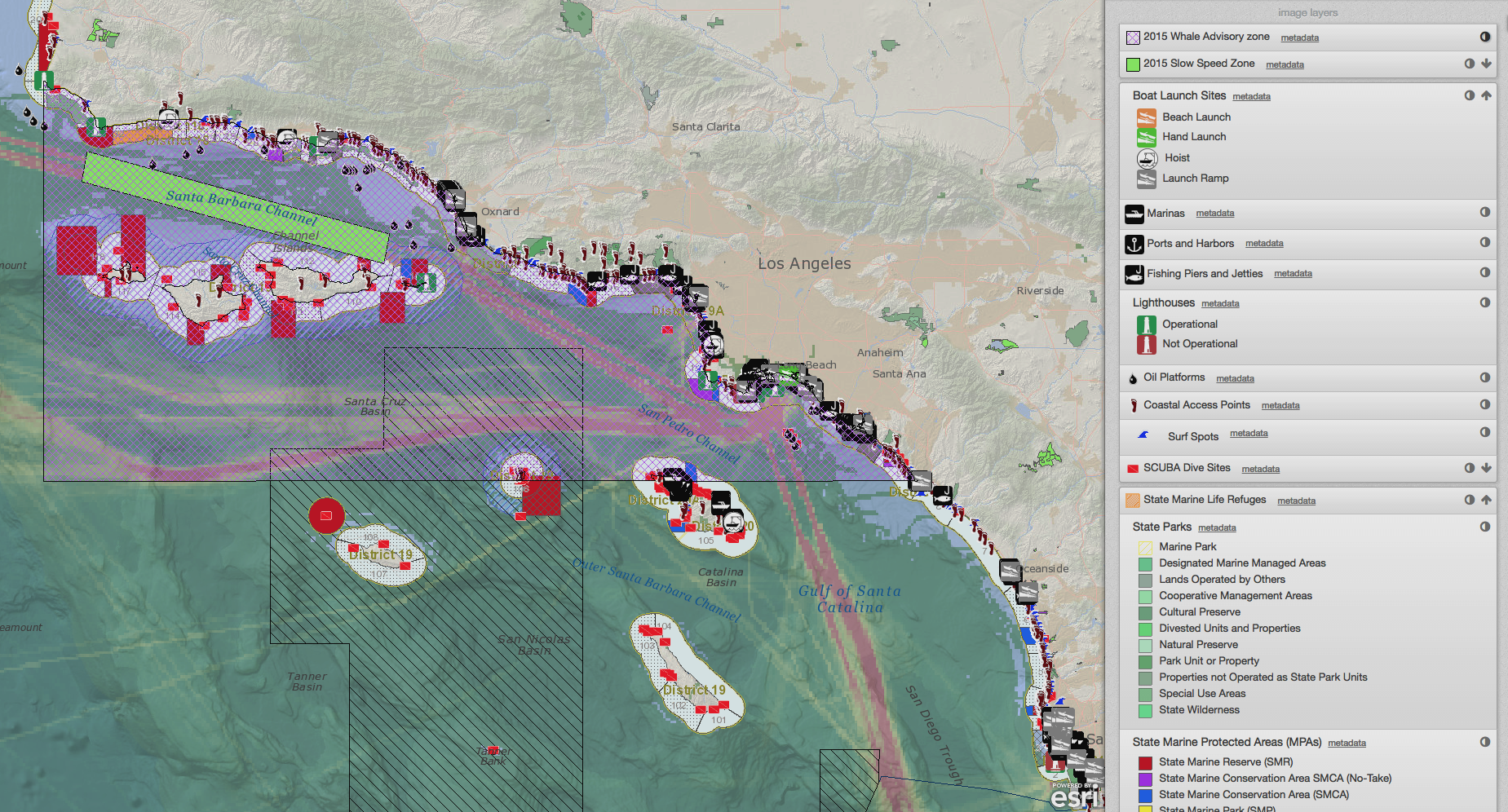SeaSketch for Indonesia
/We are excited to announce that the McClintock Lab has launched a new project in Indonesia with The Nature Conservancy (TNC). Under the leadership of Dr. Joanna Smith (TNC Canada, Global Marine Team), the SeaSketch team and Coastal Resources Mapping Ltd are developing a new project to support comprehensive marine planning in the Lesser Sunda Ecoregion of Indonesia. Our kick-off trip in June was spent dropping in on a Marxan with Zones training led by Dr. Steve Schill (TNC Caribbean Program) for the TNC Indonesia staff, as well as representatives from partnering NGO’s, universities, and government. We dove into conversations about available data, the complex multi-agency governance structure, and SeaSketch specifics. The week of exploring coral reefs, coastal communities and rich cultural performances, while learning about the science and governance context from our new colleagues, made for an unforgettable launch.
The Nature Conservancy’s Glaudy Perdanahardja (TNC Indonesia) noted that while marine spatial planning (MSP) has proven effective for small island nations and larger areas along continents, Indonesia’s complex geography as an archipelago country presents new challenges. 255 million people are spread over more than 900 islands and use more than 700 living languages. Indonesia is globally significant as a top world economy, holding a seat on the G-20. Shipping, mining, and oil & gas exploration are among the many economic activities with growth in this region. For the MSP, 20 marine sectors are being brought together at the national level to coordinate the use of ocean space out to the continental shelf. In addition to mapping existing activities, these areas will be divided into sub-zoning schemes with more specific regulations. One existing zone type, ‘National strategic areas’, was new to us. These areas are of special importance to national unity, sometimes military, and often consisting of small islands that may attempt to leave Indonesia.
Will McClintock helps a group envision how SeaSketch may be used to facilitate MSP in Indonesia.
TNC is working with the government of Indonesia to facilitate and support a planning process for the Lesser Sunda Ecoregion, an ecologically distinct area with exceptionally strong and complex currents and seasonal upwellings that are important for marine species. Made up of thousands of rugged islands at the intersection of the Indian and Pacific Oceans, this ecoregion spreads across four provinces from the island of Bali to the border with East Timor and part of Maluku that makes up about ½ of Indonesian waters. TNC is also supporting provincial-level planning out to 12 nm in Nusa Tenggara Timor, as well as many community-level marine protected area projects. By working at multiple levels of planning, TNC will help the Indonesian government knit together a unified vision for ocean spaces based on both science and stakeholder needs, allowing community process to inform high-level decisions, and producing recommendations to send down to local managers.
“I’m really excited to be using a SeaSketch project to support our MSP work in Indonesia. Marine planning in the Lesser Sunda Ecoregion is critically important for managing activities and conserving the spectacular marine ecosystems of the Lesser Sunda now and into the future. With the aid of this SeaSketch project and its easy-to-use interface for all ranges of technical abilities, we’ll engage with marine stakeholders to support Government of Indonesia in developing a world-class marine plan that benefits all.”
Over the next five years, SeaSketch will be available for visualizing authoritative datasets, coordinating across the multiple scales of planning, conducting surveys, and engaging relevant stakeholders with accessible mapping tools. In addition to the technology itself, we will continue to share our implementation experience in science-based stakeholder-driven planning with TNC. The challenge in Indonesia to engage stakeholders across sectors and geographic scales makes the use of innovative communication technologies critical.
Colleagues from The Nature Conservancy.



